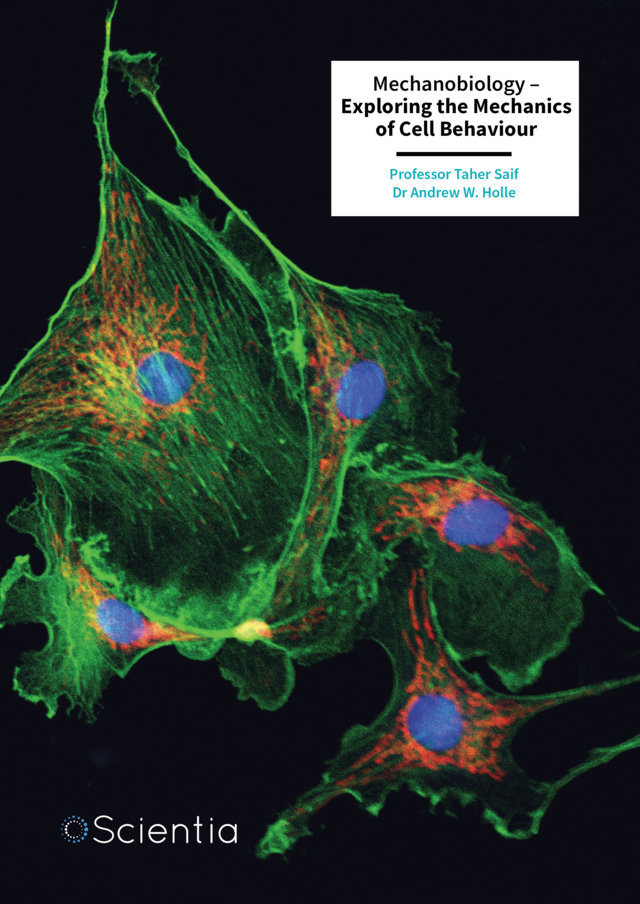Dr. P. R. Raghavan, CEO and Chairman of Nanorx Inc., developed Metadichol, a nutritional supplement that has shown potential in treating a range of health issues. Dr. Raghavan suggests that the supplement may help to stave off illnesses such as diabetes and antibiotic-resistant infections. More
With a Master of Science in Chemistry from IIT Bombay and a Doctor of Philosophy in Organic Chemistry from Oregon State University, Dr. Raghavan is a highly trained chemist. More than fifteen years ago, he began formulating Metadichol and has been studying its potential benefits ever since.
Metadichol is based on the research of a Dutch doctor named Christiaan Eijkman, who traveled to the East Indies to study the spread of Beriberi – a condition associated with vitamin B1 deficiency. According to Eijkman’s research, the likelihood that chickens would have this sickness varied depending on the kind of rice they were fed. In particular, the hens became ill from eating polished rice, but eating unpolished rice seemed to help them recover. Policosanol, a molecule found in the majority of plant and vegetable foods, is the active ingredient in unpolished rice and has been shown to have positive health effects.
Policosanol is a key component of Metadichol. This active ingredient has been shown to have several positive health effects.
In the first studies conducted on rats, Dr. Raghavan discovered that a 5-milligram dose of Metadichol simultaneously affected a wide range of biological indicators. After that, he began working with other scientists and research centers to conduct clinical studies on humans to assess how the supplement would perform.
Thirteen patients with metabolic syndrome and an average of 25 to 30 years of diabetes participated in the supplement’s 2010 clinical trial. According to Dr. Raghavan, the supplement stabilized blood pressure and lipid indicators, including HDL and Triglycerides. These results were later corroborated in investigations involving different patients, demonstrating its possible usefulness in lowering the risk of cardiovascular events such as heart disease and stroke.
Dr. Raghavan explains that metadichol boosts antioxidant activity while simultaneously reducing inflammation and oxidation. Even in individuals who did not get vitamin C during the trial, he and his colleagues found that those who took the supplement had significantly higher levels of the vitamin.
According to Dr. Raghavan, metadichol increases the GLU2 and GLUt4 genes, which in turn allow vitamin C to enter the body and be recycled. The Gulo enzyme, which allows the body to naturally manufacture vitamin C, has long been known to be dormant in humans and other primates.
Researchers have discovered that amphibians, reptiles, fish, and rodents – animals capable of producing vitamin C – do not experience heart attacks or blood clots. Consequently, lowering the probability of getting cardiovascular disease and other cardiovascular problems may be possible by enhancing the human body’s ability to produce this vitamin.
Additionally, Dr. Raghavan and colleagues discovered that Metadichol aided weight loss by accelerating this process in individuals with a higher body mass index. The supplement also helped the body make more globulin, an important immune system regulator. These findings suggest that Metadichol may have a wide range of health benefits, offering hope for those seeking to improve their overall health.
According to the study, the supplement also increases energy levels. It decreases insulin resistance, defined as the body’s inadequate response to insulin. Given the extensive list of diseases and disorders associated with insulin resistance – including lung disease, heart disease, pancreatitis, cataracts, strokes, and even some cancers – this property could be extremely helpful. The potential of Metadichol in reducing insulin resistance is believed to be due to its ability to regulate blood sugar levels and improve the body’s sensitivity to insulin.
In diabetes, the hormone insulin is not working as it should, leading to uncontrolled blood sugar levels. In clinical trials, Dr. Raghavan’s group found that Metadichol increased insulin-producing cell activity by 63%. This increase in insulin production is believed to be due to the supplement’s ability to activate specific genes, such as IRS1, IRS2, GLU2 and GLUT4, which play a crucial role in insulin production and regulation.
They suggest that the supplement had a beneficial effect on patient health by targeting biological markers linked to diabetes. It is more common to use a combination of pharmaceutical medications rather than just one product to target these markers.
Another set of scientific trials looked at the ability of Metadichol to reduce wrinkles and improve skin health. In these trials, Dr. Raghavan’s team recommended the daily application of Metadichol gel, spray, or cream to areas of damaged skin, rashes, patches, or apparent symptoms of aging. According to the doctors’ observations, multiple patients’ conditions were alleviated, including acne, psoriasis, wrinkles, eczema, burns, herpes, and scars.
In another study, Dr. Raghavan found that 1 picogram of Metadichol increased telomerase in stem cells by a factor of sixteen. Telomerase is the enzyme responsible for maintaining the length of telomeres in cells. Maintaining telomere length is key to reversing the signs of aging and other age-related conditions.
Furthermore, Klotho is a gene that exhibits anti-aging properties and anti-cancer activity. The expression of this gene has been shown to decline with age, and is also very low in cancer cells. Dr. Raghavan and his colleagues have shown that cells exposed to Metadichol show increased expression of Klotho, further highlighting the promise of this supplement in anti-aging therapies, while also suggesting its potential to be used in combination with cancer treatments to enhance treatment efficacy.
According to Dr. Raghavan’s research, Metadichol also induces the expression of Yamanaka factor genes, which have also shown promise in cancer therapies. In addition to these Yamanaka factor genes and Klotho, Metadichol also appears to facilitate the expression of a large family of intracellular transcription factors that play crucial roles in regulating development, metabolism, and homeostasis.
According to the results from additional trials, Metadichol may also promote healthy kidney and liver function. Metadichol’s potential to improve kidney and liver function is believed to be due to its antioxidant and anti-inflammatory properties, which can help reduce the risk of organ damage and improve overall health.
Dr. Raghavan explains that Metadichol may also aid in the healing process after bacterial infections. He believes that the supplement’s healing benefits are due to its ability to enhance the body’s immune response and promote the regeneration of damaged tissues. Clinical research demonstrated that patients who took Metadichol recovered faster from superbug infections that are resistant to standard antibiotics, indicating the supplement’s potential as a complementary treatment for such infections.
Dr. Raghavan and colleagues also administered the supplement to COVID-19 patients, and noticed that its use was associated with a reduction in respiratory symptoms.
According to the data collected by Dr. Raghavan’s team, Metadichol has the potential to complement treatments for many different medical issues. If future clinical trials with bigger patient populations confirm these results, more doctors and dietitians may be persuaded to prescribe the supplement.







